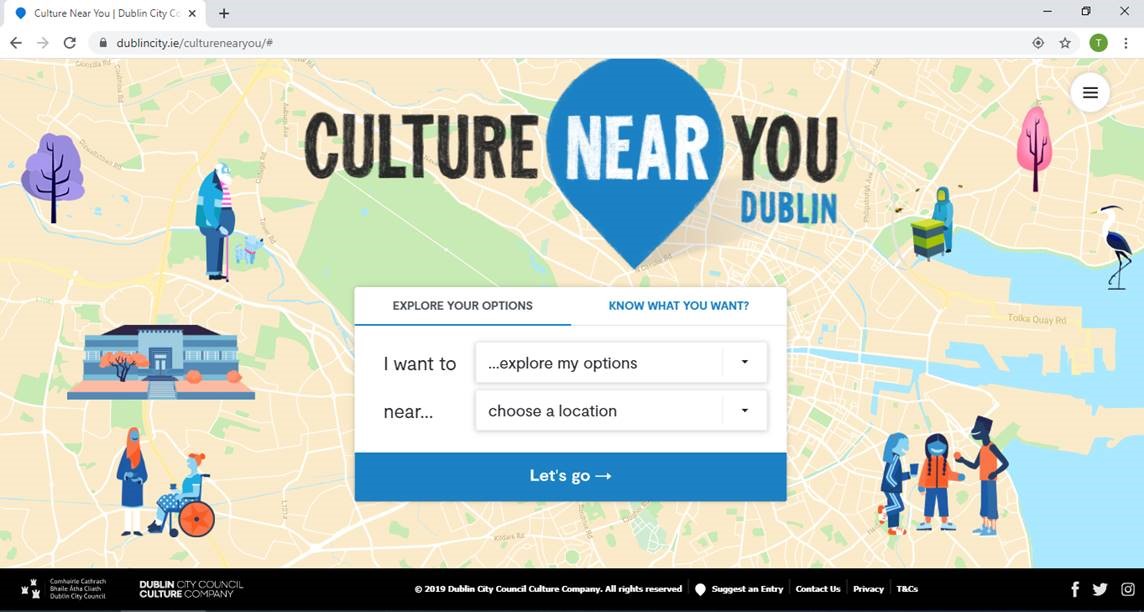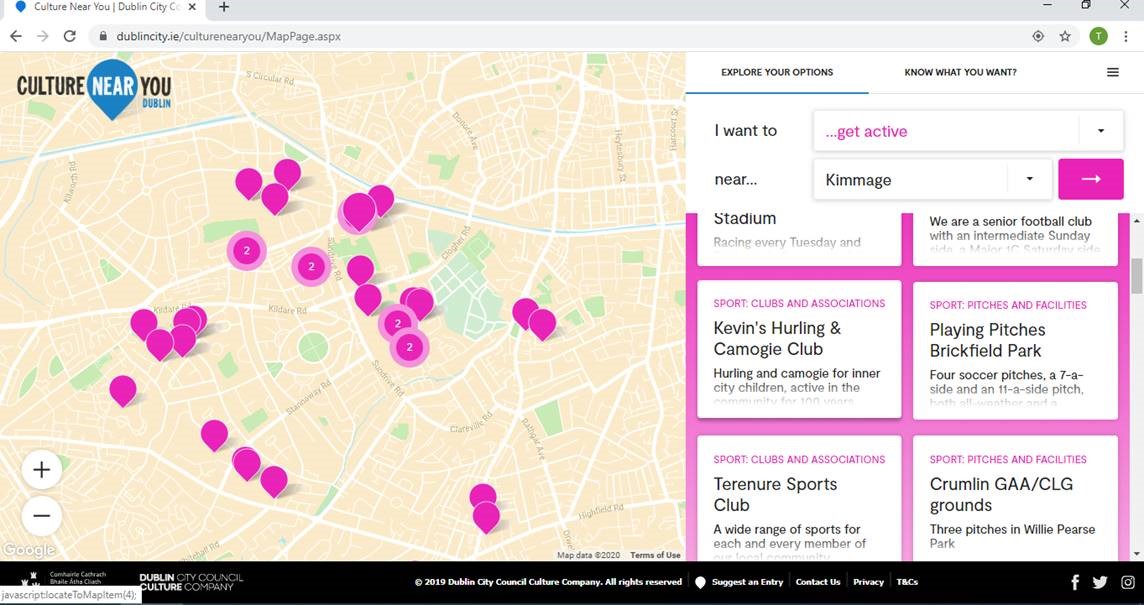Cultural heritage is the legacy of society, inherited and preserved over decades and even centuries of generations. Culture can be tangible, in the form of buildings, monuments, landscapes, books, artwork, and artifacts. It can also be intangible, in the form of folklore, traditions, language, and knowledge.
Preserving cultural districts — venues, galleries, restaurants, and shops — invests in a city’s social capital, the network of relationships between citizens that enable their society to function effectively. As an industry, culture can also contribute significantly to the economic growth of a city. Cultural events and centers draw millions of visitors daily in cities all over the world.
Smart technology can help by promoting awareness, improving accessibility, and enhancing user experience.
Employing Citizen Engagement to Promote Cultural Events
Empowering communities to participate in the preservation and marketing of their cultural heritage strengthens society by cultivating the relationship between city decision-makers and the people they represent. Crowdsourcing attracts devoted citizens and provides a creative outlet with which they can invest in their city’s social capital.
An elegant and functional synergy between a city and its citizens prepares the community with the skills, organization, and resources to meet the challenges of the future.
The City of Dublin: Creating the Cultural Map

Dublin City Council Culture Company was established in 2018 to run cultural initiatives in the city of Dublin, Ireland, with and for the people of Dublin.
As part of their strategy, Dublin City Council asked the culture company to locate and catalogue the city’s cultural assets in a map. The map would include places where culture happens (its buildings, public spaces, and locations) as well as people who make culture happen (its festivals, organizations, groups, and informal networks).
IMGS, a Platinum Partner of Hexagon’s Geospatial division that serves clients in the Republic of Ireland and Northern Ireland, was contracted to design the solution. The solution involved configuring the database and developing a web-based cultural map viewer for agency staff. In addition, IMGS developed a workflow for the public to submit data, an internal moderator workflow, and a public-facing website.
The project benefits three types of users:
- City residents and visitors have relevant information to help them answer:
- What can my family and I do in this neighborhood?
- What’s at the heart of our community?
- City Council planners, strategists, and decision makers have a comprehensive dataset to help them make evidence-based decisions about culture.
- Providers of cultural activities can easily find new collaborators, promote their enterprises, and recruit new members.
Putting the Culture Map to Work

Using a mobile app, city residents and visitors can report on cultural opportunities such as festivals, monuments, parks, community groups, and even food producers. Users can add descriptions and pin locations before sending information directly to decision-makers. Submissions through mobile apps appear in a common database. City planners will be able to generate reports through an interactive dashboard and map view of the municipality. This holistic display helps strategists decide how best to move forward with related initiatives.
City planners can view relevant cultural data plotted on a map alongside charts and graphs that answer their specific location intelligence questions. By viewing this data on charts and maps, city planners can see where and when cultural opportunities are available for city residents and visitors, and plan for them accordingly.
Data from the map might also be used to implement, for example, innovative visitor guides within mobile apps that would enhance the user experience when visiting museums, galleries, or even walking around cities and exploring historical sites, parks, and other culturally significant establishments.
Expanding the Solution to Other Cities
M.App Enterprise, which powers the cultural map, can be used by any government agency to configure and privately host apps for promoting the location of cultural and public services, while including citizens in the process.
Take a closer look at how IMGS worked with the City of Dublin Cultural Company to implement this solution, and contact us for more information about implementing similar solutions in your city.
















